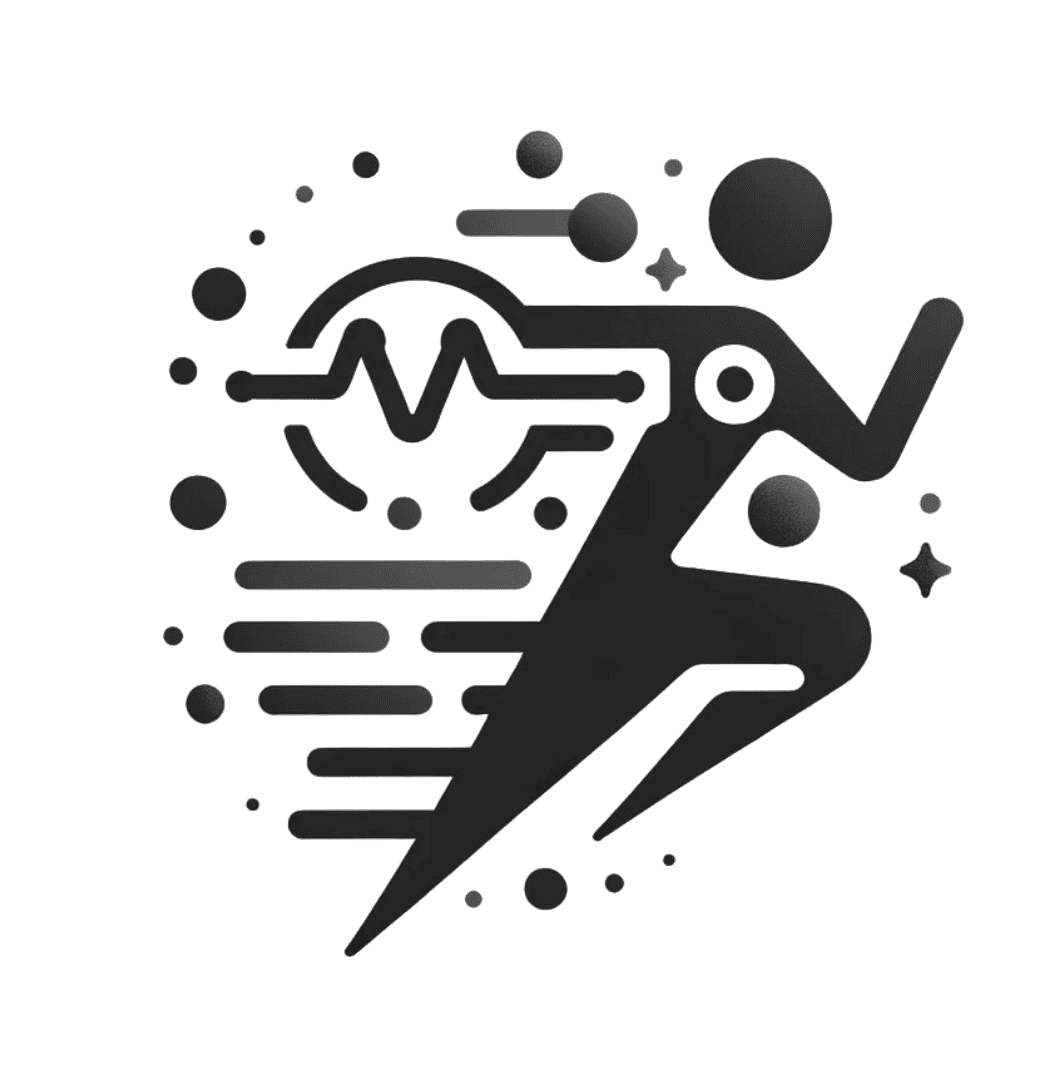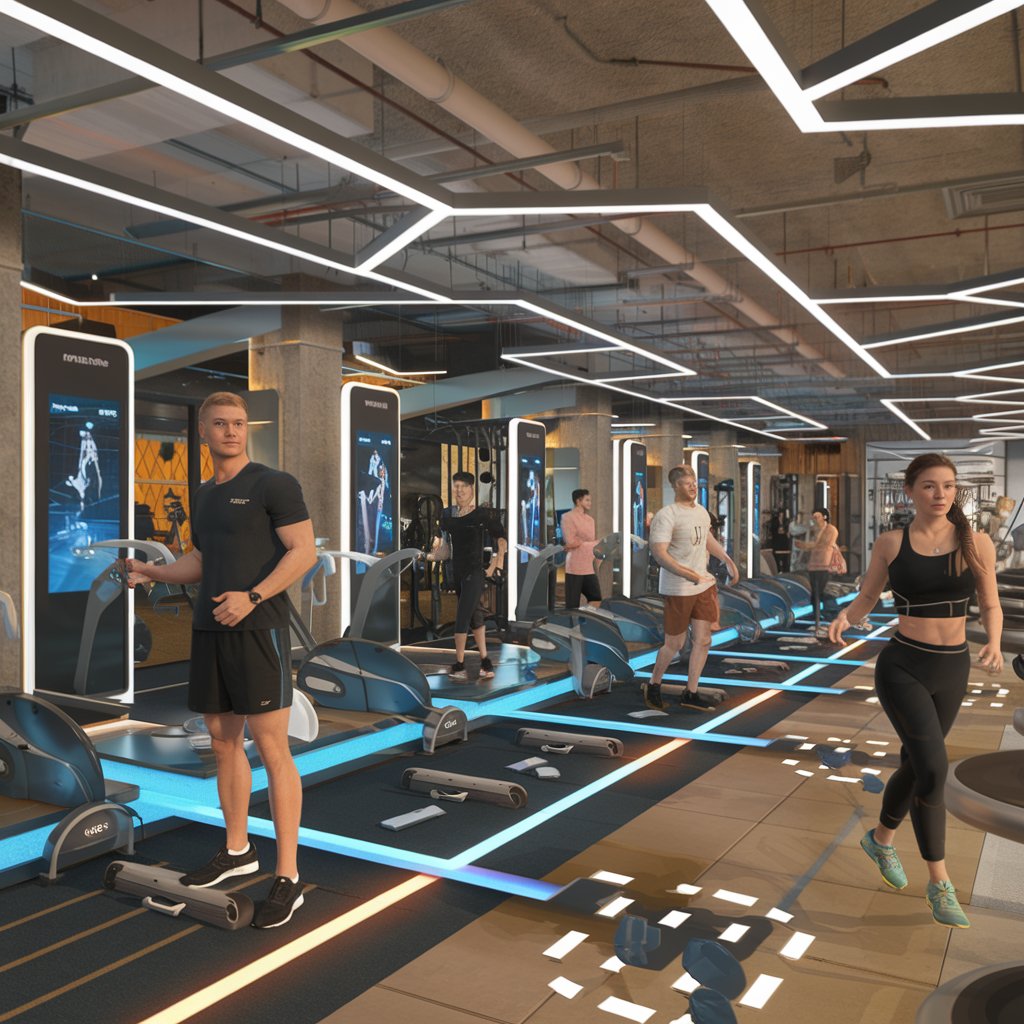
Strategies for Health Risk Evaluation: Empower Your Wellness
Effective strategies for health risk evaluation are essential for gaining a deeper understanding of and actively enhancing our overall well-being. By harnessing cutting-edge AI technology along with science-backed insights, individuals are empowered to make informed decisions about their fitness journey and longevity. Let’s explore a comprehensive range of methods aimed at assessing, tracking, and enhancing your health with precision.
Understanding Strategies for Health Risk Evaluation
Understanding strategies for health risk evaluation involves diving into how we measure and understand potential threats to our well-being. It’s not just about warding off illnesses; it’s about building a complete picture of our health status. By spotting risks early, we can initiate preventive measures tailored to each individual’s needs.
The process begins with lifestyle evaluations, an integral yet often underestimated element in understanding health risks. These assessments shine a light on daily habits that affect health, like dietary choices and physical activity. Scrutinizing these factors can reveal patterns that might lead to future issues if ignored. Making informed adjustments can significantly boost overall health.
Incorporating technology into evaluations can also be transformative. Wearable fitness trackers collect real-time data on physical activity and sleep patterns, offering users a chance to effectively monitor and adjust their lifestyles. Additionally, digital platforms deliver personalized health insights, enriching our understanding of how our choices impact well-being.
The combination of traditional and modern methods provides a solid foundation for assessing health risks. This varied approach ensures that strategies for health risk evaluation are comprehensive and individualized. Exploring different techniques leads to creating personalized action plans. For more ideas on maintaining flexibility as you age, explore these effective strategies. Remember, personalized evaluations offer the most relevant and actionable insights.
Key Strategies for Health Risk Evaluation
The journey to better health starts with assessing potential risks. When focusing on strategies for health risk evaluation, keep certain vital components in mind. A key strategy involves understanding your current health baseline. Routine check-ups and screenings paint a complete picture of your physical state, a crucial step in customizing fitness routines to meet personal needs.
Tracking lifestyle habits is another critical element. Carefully monitor dietary patterns, exercise, sleep quality, and stress levels. Gathering data in these areas can highlight risk factors often overlooked. Using digital trackers can assist in collecting and analyzing this information, helping to spot emerging health trends, though they shouldn’t replace medical advice.
Engaging in peer support through fitness groups or wellness communities can also help in identifying health risks by providing shared experiences and resources. Learning from others facing similar challenges enhances one’s understanding.
Moreover, applying techniques like functional fitness testing offers insight into your body’s capabilities and areas for growth. Awareness of these elements aids in crafting targeted, effective fitness strategies. Check out a guide to functional exercises to enrich your evaluation tools.
Together, these strategies build a robust framework for assessing health risks, enabling proactive steps towards maintaining wellness.
Integrating AI in Health Evaluations
As we delve into strategies for health risk evaluation, integrating artificial intelligence stands out as a significant tool for personal wellness understanding. AI technology allows us to harness data from various sources, breaking down complex patterns into comprehensible insights. This process turns raw data into valuable guides for making healthier lifestyle choices.
AI algorithms expertly sift through vast datasets to spot subtle disease risk factors, evaluating variables like genetics, lifestyle habits, and past medical data with remarkable precision. Through AI-driven models, people gain a clearer view of their health landscape. These insights aid in predicting potential issues, enabling preventive measures rather than reactive responses.
AI enhances strategies for health risk evaluation through precision analytics. AI platforms offering real-time health metrics tracking significantly elevate traditional methods. This capacity identifies trends and shifts in health status, leading to timely interventions. Platforms like MetersFit excel in offering these advanced insights, supporting the next chapter’s focus on personalized health strategies for ongoing wellness.
AI’s role in health evaluations extends beyond trends, providing tailored advice based on individual needs. Exploring a review of AI workout trainer fitness offers perspective on AI’s broader fitness application. Through AI, personalized fitness and health strategies become both practical and accessible.
Personalized Health Strategies: The Way Forward
Crafting personalized health strategies requires acknowledging the uniqueness of each health journey. These strategies for health risk evaluation move beyond a one-size-fits-all model, focusing on solutions tailored to personal needs, conditions, and lifestyle choices. Personalized strategies call for a meticulous mix of ongoing assessment, adaptation, and understanding.
A critical aspect of personalization involves assessing intrinsic factors like genetic predispositions and lifestyle habits alongside extrinsic elements like environmental influences. The advent of health monitoring technologies has made collecting such insights more feasible. Tools tracking daily activity, nutrition, and environmental conditions provide crucial data for custom health interventions.
Regular consultations with healthcare professionals familiar with data-personalized advice correlation are key to personalization. Regularly evaluating health risks with expert guidance and technology allows for specific lifestyle adjustments to mitigate risks.
In this personalized landscape, education is vital. Knowing what constitutes a risk and understanding health fundamentals empower informed decision-making. This level of customization leads to more effective outcomes in achieving optimal health. For custom training plans, seek platforms that grasp these complexities, delivering tailored solutions to complement unique living patterns.
As personalized health strategies continue to evolve, we stay proactive in guiding our health journey, using tools that turn understanding into action.
Take Action with Health Insights
We’ve established the importance of personalized health strategies; now, let’s delve into using insights from these strategies for effective health risk evaluation. The core of any successful health plan lies in understanding potential risks and taking proactive steps.
Begin by acknowledging the intricacies of your individual health profile, including genetic predispositions, lifestyle choices, and current health conditions. With this knowledge, identify specific risk factors. For example, if there’s a family history of heart disease, strategies for health risk evaluation should include regular cardiovascular assessments and interventions.
Expanding your nutrition understanding can be crucial. A calorie restriction calculator can evaluate dietary choices for effective weight management, reducing lifestyle-induced disease risks. Grasping nutrition’s impact equips you to maintain optimal health.
Exercise is another essential pillar. Incorporating dynamic balance exercises enhances physical health, presenting avenues for minimizing age-related risks. Tailored workouts addressing weaknesses support longevity.
Finally, track changes and progress regularly. Continuous health evaluations uncover new risks as your body changes, allowing for strategy adjustments as needed. Implementing these practices ensures health insights are transformed into actionable steps toward a healthier future.






